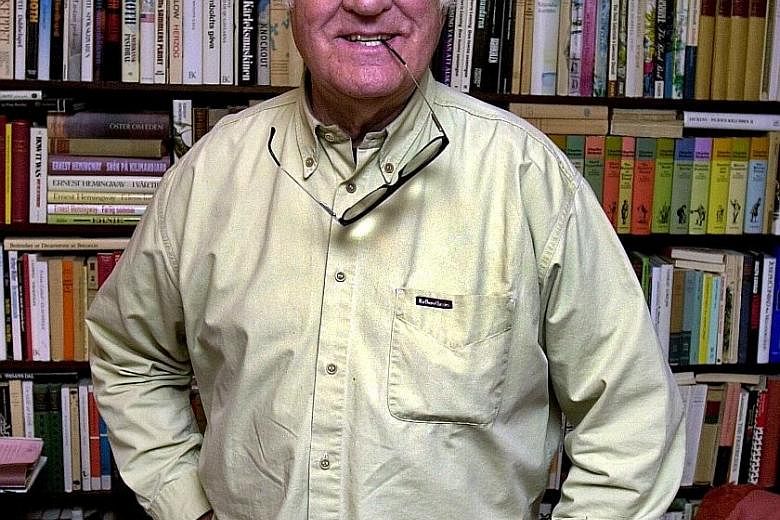NEW YORK• Nicolai Gedda, the Swedish singer who rose from an impoverished childhood and a youthful career as a bank clerk to become one of the most celebrated tenors of the 20th century, died on Jan 8 in Tolochenaz, Switzerland. He was 91.
The Royal Swedish Opera confirmed his death to Agence France-Presse. Gedda's death, after a heart attack at his home in Tolochenaz, was not announced by his family until last week.
Widely admired for his sensitive musicianship, masterly tonal control and impeccable diction in a spate of European languages, Gedda possessed a lyric tenor voice that shimmered like silver, but was no less warm for that.
He was one of the most versatile, and professionally long-lived, tenors of his era, with many dozens of roles to his name in a career that lasted until he was well into his 70s - a good two decades past a classical singer's customary retirement age.
He was ubiquitous on recordings and in the world's foremost opera houses and concert halls, including La Scala in Milan and Covent Garden in London.
But the role for which he was likely most famous was Russian: Lensky, the young poet in Tchaikovsky's Eugene Onegin. Gedda's prowess in a Russian opera is perhaps unsurprising in light of the fact that Russian, along with Swedish, was his native language: He was abandoned as a child by his Russian father and reared by another.
According to his memoir, Nicolai Gedda: My Life & Art, published in English in 1999, he was born in Stockholm on July 11, 1925. The son of an unwed teenage waitress, Clary Linnea Lindstrom, and an unemployed father of Russian-Swedish parentage, Nikolai Gadda, he was christened Harry Gustaf Nikolai Gadda.
His parents abandoned him at birth and had planned to consign him to an orphanage. But when he was six days old, his father's sister, Olga Gadda, intervened, determined to bring him up as her own.
A few years later, she married Michail Ustinoff, a Russian-born singer, and Gedda became known as Nikolai Ustinoff. As British newspaper The Telegraph reported in its obituary of Gedda last Friday, Swedish authorities deemed the couple too poor to adopt him.
"Nevertheless," he wrote in his memoir, "they had the courage to keep me illegally."
NYTIMES

